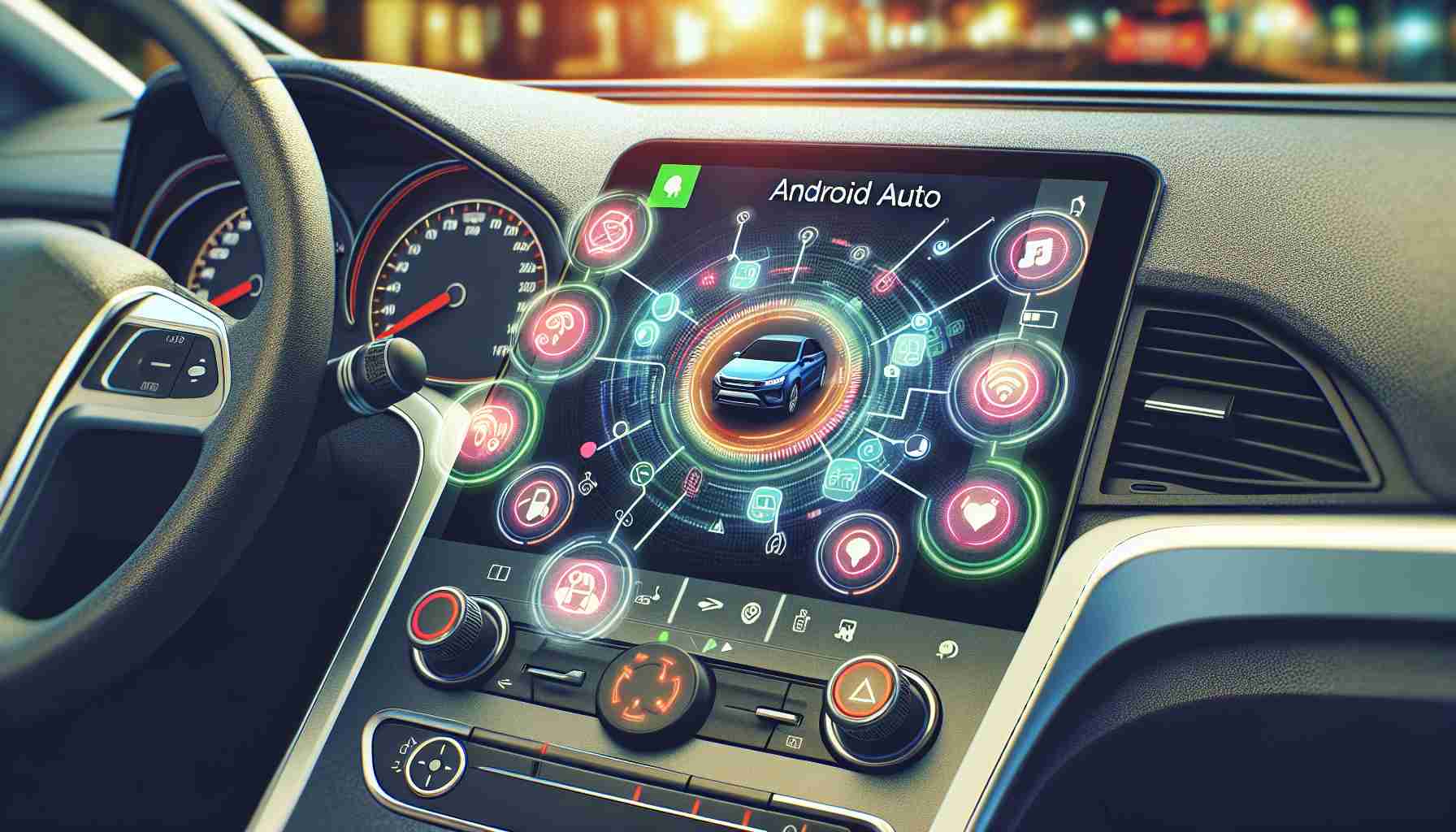Quest for Seamless In-Car App Experience Intensifies
Google’s dedication to refining Android Auto has been unmistakable, with routine updates debuting on the beta channel to enhance system consistency and performance. The latest advancement is the introduction of Android Auto 12.2 to the beta testing program, enabling participants to explore the update’s new functionalities.
For the adventurous, Android Auto 12.2 is accessible even before its formal rollout through an APK installer. The sideloading process is swift and straightforward, demanding only the download and execution of the APK file, followed by the granting of necessary permissions for the update.
Despite the absence of a detailed changelog—a familiar strategy Google has been adopting—there’s no denying the excitement that accompanies exploring uncharted features by the users themselves. The anticipated broad launch of the update will, as usual, bring tautological enhancements intended to iron out any creases in the app.
Expanding Horizons: Android Auto’s App Ecosystem and Video Playback
Google is also laying the groundwork for a more remarkable expansion, eyeing an extensive app ecosystem within vehicles. This initiative was revealed at the I/O conference where the company disclosed plans to scan and certify large-screen applications for compatibility with Android Auto and Android Automotive.
This project heralds a new era, earmarking the inflow of varied apps into the infotainment systems, albeit initially confined to particular app categories. A pivotal inclusion will be video apps such as YouTube, which, notwithstanding its availability via third-party means, will soon be natively accessible—albeit restricted to use exclusively when the vehicle is stationary.
Beta enthusiasts are cautioned against deploying Android Auto 12.2 as their principal in-car software due to the inherent risks of pre-release versions. Nonetheless, should no significant glitches surface, the official release in the Google Play Store is imminent, marking another stride forward for automotive connectivity.
Emerging Trends and Key Considerations
The move to enhance the Android Auto platform underscores a broader trend where in-car technology is becoming more sophisticated and integrated. With many modern vehicles coming equipped with advanced infotainment systems, there is a growing expectation among consumers for seamless integration of their smartphones and the in-car environment. Major tech companies like Google and Apple are actively competing in this area with Android Auto and Apple CarPlay, respectively.
Important Questions and Answers
– What is Android Auto?
Android Auto is Google’s platform that mirrors features from an Android smartphone to the car’s infotainment system. It allows users to control music, navigation, and messaging while driving, using either the vehicle’s controls or voice commands through Google Assistant.
– Why is public beta testing important for Android Auto updates?
Public beta testing allows Google to gather valuable user feedback before the full release. It helps identify and rectify any bugs or issues, ensuring a more stable and refined version for all users. This process is critical to maintain user trust and provide a positive user experience.
Key Challenges and Controversies
There are several challenges associated with the development and expansion of Android Auto, including ensuring driver safety, compatibility across various car models and smartphone devices, and dealing with the diversity of apps that wish to be included in the platform. The controversy often arises around the topic of driver distraction, as adding more features could potentially divert attention from driving.
Advantages and Disadvantages
The introduction of video playback apps like YouTube is a double-edged sword. While it could provide entertainment for passengers or drivers at a standstill, it poses a safety concern if misused while driving. Also, extending Android Auto to support a wider array of apps opens the door to more functionality but could also introduce more complexity and potential technical issues.
Related Security Concerns
Another aspect not mentioned in the article is the importance of security, particularly given that Android Auto integrates with a vehicle’s systems. Ensuring that the platform is secure against hacking or unauthorized access is crucial. Google and car manufacturers must continuously work to address these security concerns, using encryption and other security measures to protect users’ data.
Concluding Considerations
Overall, the update to Android Auto and the public beta testing of version 12.2 is a sign of the ongoing progress in the in-car app experience. Users looking to stay at the forefront of this technology can participate in the beta program, with the understanding that there may be some level of risk involved in using pre-release software.
For those interested in learning more about Android Auto and other Google services, visit the main domain Google.

